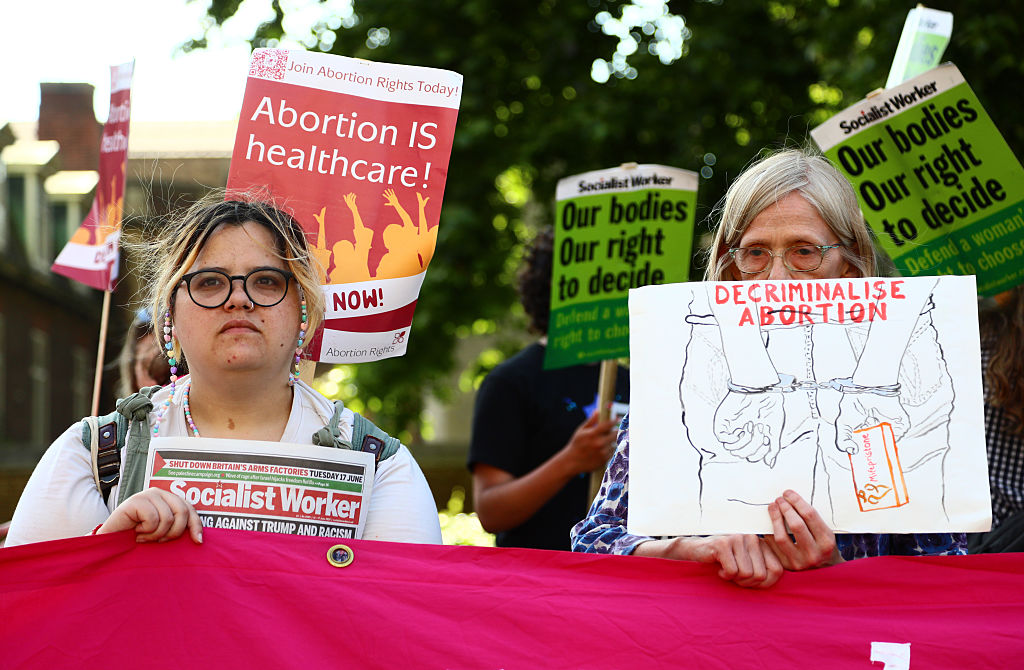Colombia becomes latest Latin American nation to partially decriminalize abortion
Colombia's top court on Monday ruled to decriminalize abortion during the first 24 weeks of pregnancy, marking what advocates say is a "triumph for human rights."
Abortion has been allowed in Colombia since 2006, but only for three circumstances: when it poses a risk to the life or health of the person who is pregnant, there are life-threatening fetal issues, or when the pregnancy is a result of rape, incest, or non-consensual artificial insemination.
In a 5-4 ruling Monday, the court permitted the decriminalization for roughly the first half of pregnancy. After 24 weeks, the nation will continue to only allow abortions in the aforementioned scenarios.
Colombia is just the latest country in Latin America to decriminalize abortion. Argentina legalized abortion up to the 14th week of pregnancy in December 2020, and Mexico's Supreme Court ruled that penalizing abortion is unconstitutional last September. According to the Center for Reproductive Rights, Uruguay, Guyana, and French Guiana are other areas in Latin and South America to decriminalize abortion.
Erika Guevara-Ross, Americas director at Amnesty International, said in a statement that the ruling is a "historic victory" for Colombian women, who have "fought for decades for the recognition of their rights."
According to the human rights organization, abortion access in the nation is unequal and limited. The group estimates that there are roughly 400,000 abortions performed annually in Colombia — the majority of which are done illegally. Less than 10% of the procedures are believed to be performed legally, the group said.
Most of those who receive illegal abortions are reported to be living in rural areas, and almost a third are survivors of domestic violence, sexual violence or personal injury, Amnesty International said.
"Women, girls and people able to bear children are the only ones who should make decisions about their bodies," Guevara-Ross said. "Now, instead of punishing them, the Colombian authorities will have to recognize their autonomy over their bodies and their life plans."
She said the Colombian court's ruling is the latest example of "the unstoppable momentum of the green tide in Latin America." Green has become the color synonymous with the abortion rights movement in the region.
"We will not stop fighting until the sexual and reproductive rights of all women, girls and people able to bear children are recognized in the entire continent, without exception," Guevara-Ross added."
Hundreds of people wearing green were seen celebrating the legal victory in the streets on Monday.
"I couldn't be happier!" one person said.



